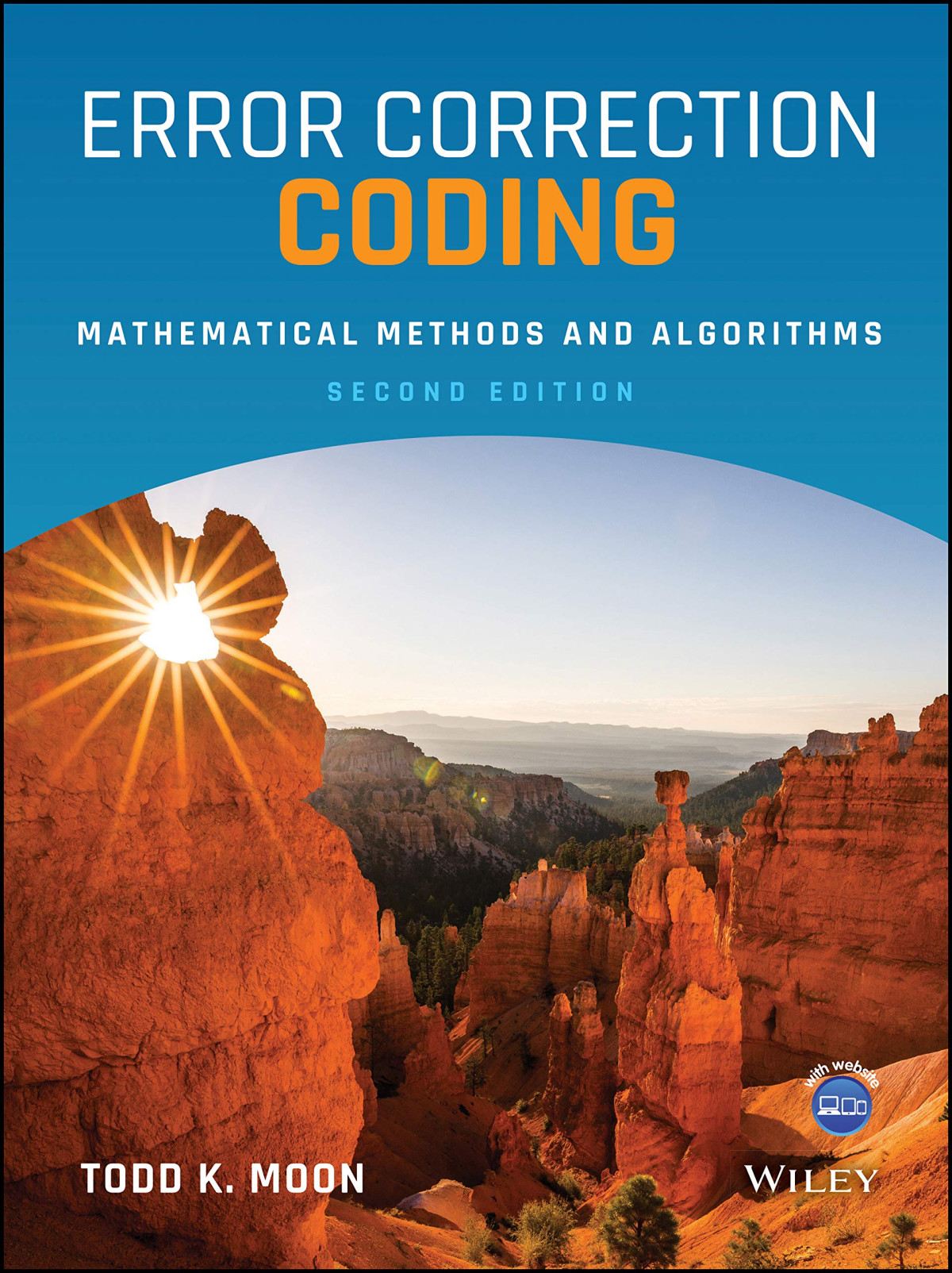

Most ebook files are in PDF format, so you can easily read them using various software such as Foxit Reader or directly on the Google Chrome browser.
Some ebook files are released by publishers in other formats such as .awz, .mobi, .epub, .fb2, etc. You may need to install specific software to read these formats on mobile/PC, such as Calibre.
Please read the tutorial at this link. https://ebooknice.com/page/post?id=faq
We offer FREE conversion to the popular formats you request; however, this may take some time. Therefore, right after payment, please email us, and we will try to provide the service as quickly as possible.
For some exceptional file formats or broken links (if any), please refrain from opening any disputes. Instead, email us first, and we will try to assist within a maximum of 6 hours.
EbookNice Team

Status:
Available4.4
7 reviewsError Correction Coding: Mathematical Methods and Algorithms, 2nd Edition provides a comprehensive introduction to classical and modern methods of error correction. The presentation provides a clear, practical introduction to using a lab-oriented approach. Readers are encouraged to implement the encoding and decoding algorithms with explicit algorithm statements and the mathematics used in error correction, balanced with an algorithmic development on how to actually do the encoding and decoding. Both block and stream (convolutional) codes are discussed, and the mathematics required to understand them are introduced on a “just-in-time” basis as the reader progresses through the book.
The second edition increases the impact and reach of the book, updating it to discuss recent important technological advances. New material includes:
Error Correction Coding includes extensive program files (for example, C++ code for all LDPC decoders and polar code decoders), laboratory materials for students to implement algorithms, and an updated solutions manual, all of which are perfect to help the reader understand and retain the content.
The book covers classical BCH, Reed Solomon, Golay, Reed Muller, Hamming, and convolutional codes which are still component codes in virtually every modern communication system. There are also fulsome discussions of recently developed polar codes and fountain codes that serve to educate the reader on the newest developments in error correction.